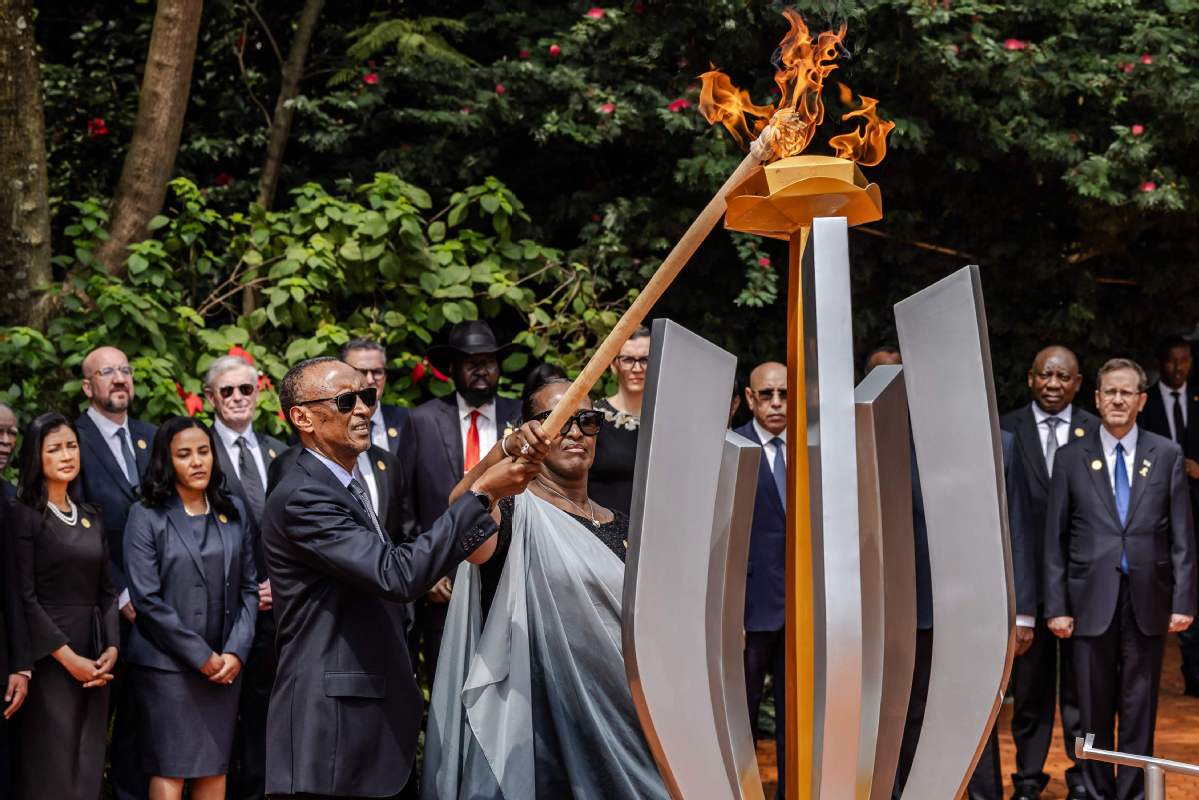Rwanda seeks Washington's clear position on genocide


Rwanda's President Paul Kagame has said he is concerned over the failure of the United States to characterize his country's 1994 massacre as a genocide against the country's minority Tutsi people.
While speaking during a televised news conference in the capital Kigali on Monday, Kagame said the issue was part of the discussions during his talks with former US president Bill Clinton, who led a delegation to a ceremony on Sunday to commemorate the 30th anniversary of the genocide.
"Rwandans will never understand why any country would remain intentionally vague about who was targeted in the genocide. I do not understand that. Such ambiguity is, in fact, a form of denial, which is a crime in and of itself, and Rwanda will always challenge it," Kagame said.
Kagame's comments came after Antony Blinken, US secretary of state, released a statement on Sunday commemorating the massacre but failed to specify that the genocide targeted the Tutsis.
"We mourn the many thousands of Tutsis, Hutus, Twas and others whose lives were lost during 100 days of unspeakable violence," Blinken said in his message posted on social media platform X.
Kagame asserted that the US, together with any other government, had the right to blame Rwanda on any other day but not the commemoration day.
Kagame said he believed he had reached an understanding with US authorities around 2014 for them to avoid any criticism on the genocide anniversary.
"There are 365 days in a year. Give us that day, April 7, and then you can have the rest 364 days to blame us every day for everything you do not like about us," Kagame said.
Rwanda began observing a week of national mourning and commemoration on Sunday to mark the 30th anniversary of the 1994 genocide against the Tutsi, during which more than 1 million people were killed, according to the Rwandan government.
This year's commemoration will run under the theme Remember-Unite-Renew and also focuses on Rwanda's transformational journey over the past 30 years.
The genocide was ignited when a plane carrying then-president Juvenal Habyarimana of the Hutu ethnicity, was shot down over Kigali in April 1994. The Tutsi people were blamed for downing the plane and killing the president, and became targets in massacres led by Hutu extremists.
Xinhua contributed to this story.

































